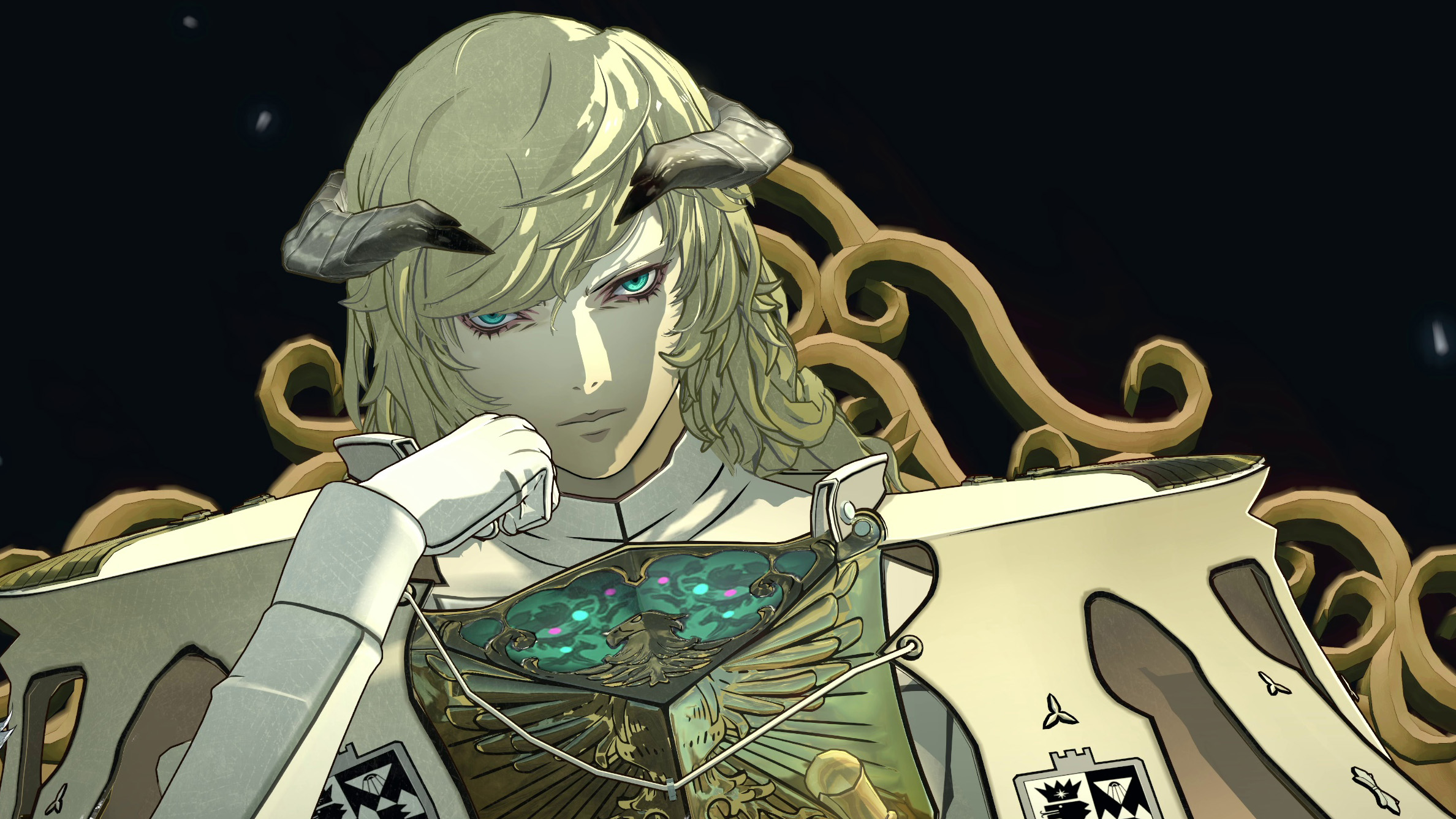Games that 'look like they were designed by a bunch of people in a CEO boardroom' aren't exciting or interesting to Metaphor: ReFantazio's director
Katsura Hashino wants a game "to give me a glimpse of the humanity behind it".

Metaphor: ReFantazio's done rather well for itself, hasn't it? It's one of the fastest-selling games in Atlus' (who also made the vaunted Persona games) history. I'm about 37 hours in myself at the moment, and as I correctly predicted it's gotten me, someone who hasn't even touched a Persona game, all-in on an Atlus RPG.
I'm having a ball, as are a few members on our team and our reviewer, Lewis Parker, who scored Metaphor: ReFantazio a staggering 95—that's just two points lower than Baldur's Gate 3, that other RPG we won't shut up about.
Speaking on his successes to IGN, director Katsura Hashino says the secret sauce—the chemical X to pulling off successful RPGs consistently—is the human touch: "I want something—even if it’s not complete, even if it’s really rough, even if it’s something really unfinished—to give me a glimpse of the humanity behind it."
While talking about Persona, and the inspiration behind making those games' casts have realistic and relatable thoughts, feelings, and fears, Hashino says that Metaphor's characters are much the same: "They’re facing anxiety and all these other big things that affect everybody, no matter who they are, where they are, or how old they are."
He then adds: "I feel like if you have these super highly polished games that look like they were designed by a bunch of people in a CEO boardroom, that doesn’t really excite me—it doesn’t really interest me."
I think this is really interesting, considering the spot that the Final Fantasy series, ostensibly the other big competitor in Atlus' space, is in at the moment—Square Enix keeps putting its whole budget behind into highly-polished JRPGs that fall short of lofty sales expectations, games that have all the graphics, that have all the realisms, that let you see the pores on Cloud Strife's admittedly very pretty face, yet fail to pull in proportionate numbers as far as papa Square is concerned.
Yet Metaphor: ReFantazio, a game that isn't stupendously concerned with graphical fidelity, has met with tremendous critical acclaim and some great financial success. I mean, don't get me wrong. It looks good, and that's down to art direction that just doesn't miss. Industry-redefining menus, gorgeous hand-drawn artwork, an incredible soundtrack, imaginative monster designs and a painterly, vivid visual style means that nothing's offensive on the eye.
The biggest gaming news, reviews and hardware deals
Keep up to date with the most important stories and the best deals, as picked by the PC Gamer team.
But I've also admired how functional a lot of it is. Go onto the deck of the gauntlet runner and you'll see some very bare-bones flat textures and trees cobbled with a few scant assets. Play on anything other than the highest settings, and you'll see blurry paintings abound. Most cutscenes are delivered via static in-game poses and portrait lip flaps. Calling these 'cut corners' is inaccurate, they're just not where Atlus pumps money, and it works perfectly fine.
For Hashino, games that let the developers go hog wild in the ways that matter are what keeps him going: "It really fills me with the motivation to keep developing," he says, "That these artists, these creatives, had something they really wanted to say is where I get all of my inspiration from, and the drive to continue to be creative myself."

Harvey's history with games started when he first begged his parents for a World of Warcraft subscription aged 12, though he's since been cursed with Final Fantasy 14-brain and a huge crush on G'raha Tia. He made his start as a freelancer, writing for websites like Techradar, The Escapist, Dicebreaker, The Gamer, Into the Spine—and of course, PC Gamer. He'll sink his teeth into anything that looks interesting, though he has a soft spot for RPGs, soulslikes, roguelikes, deckbuilders, MMOs, and weird indie titles. He also plays a shelf load of TTRPGs in his offline time. Don't ask him what his favourite system is, he has too many.

